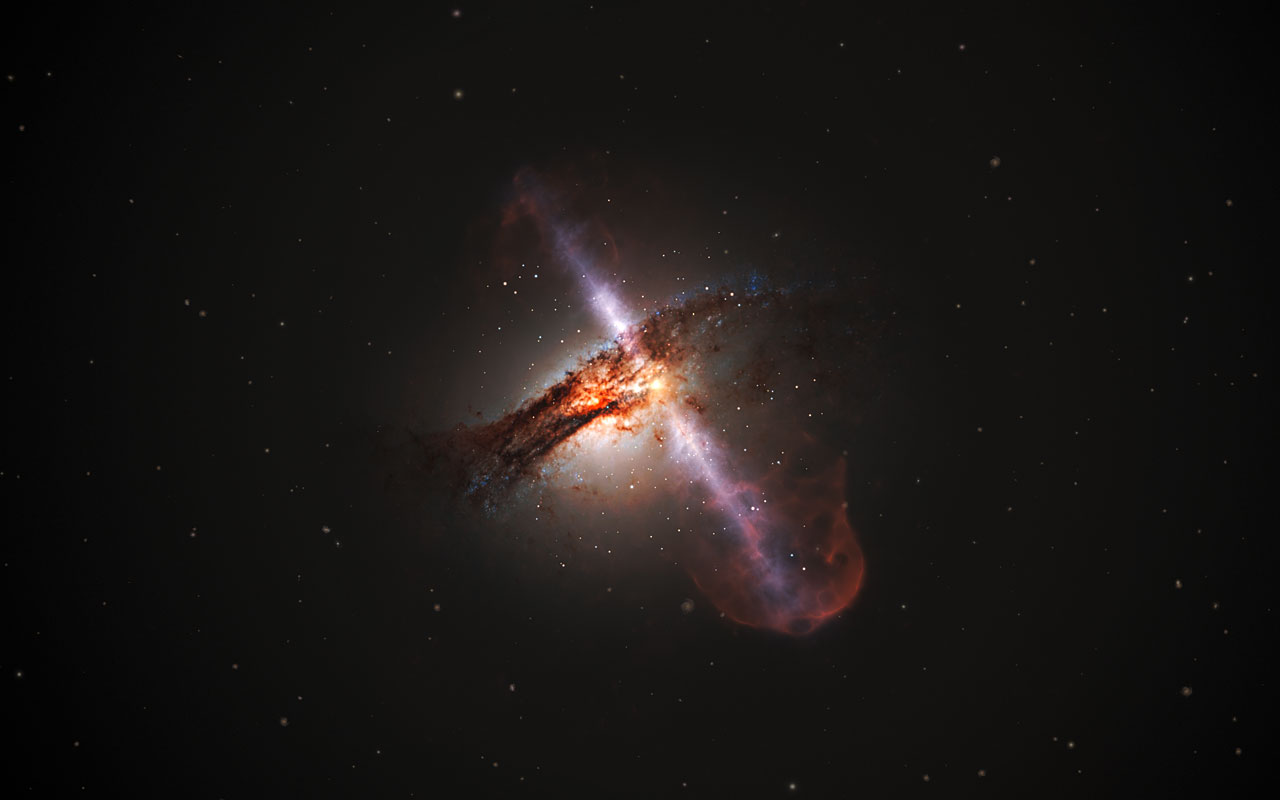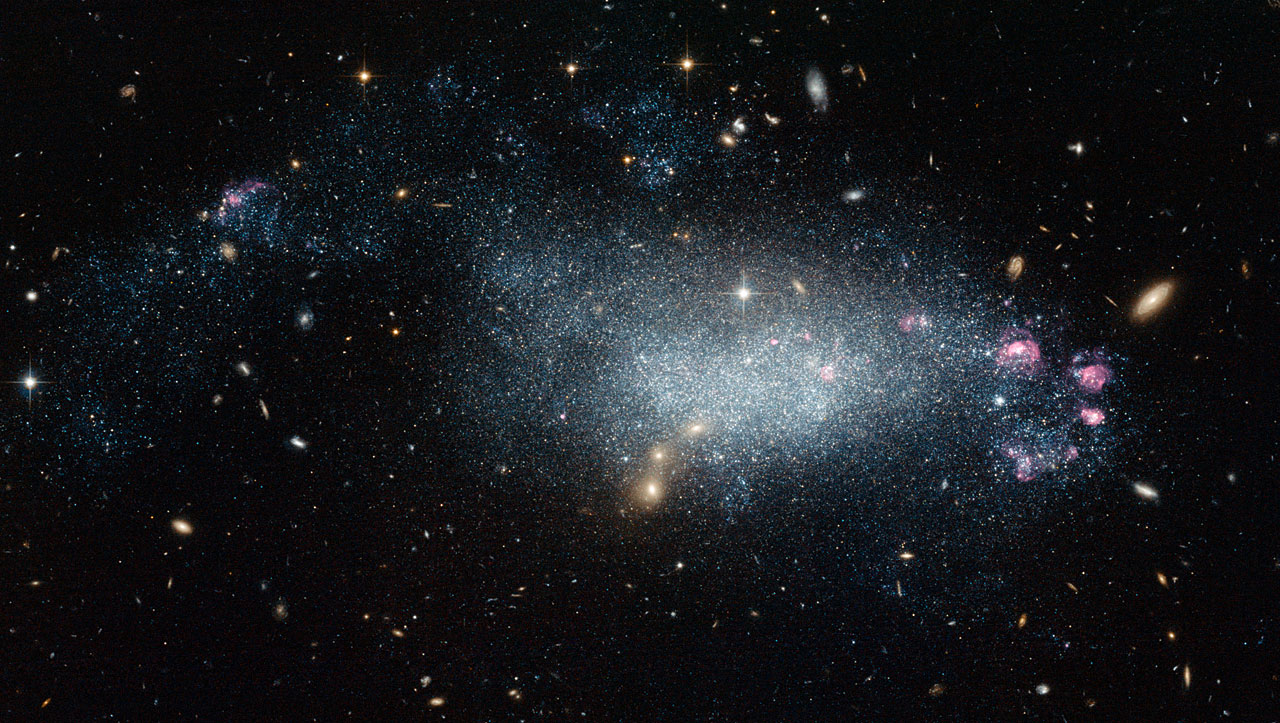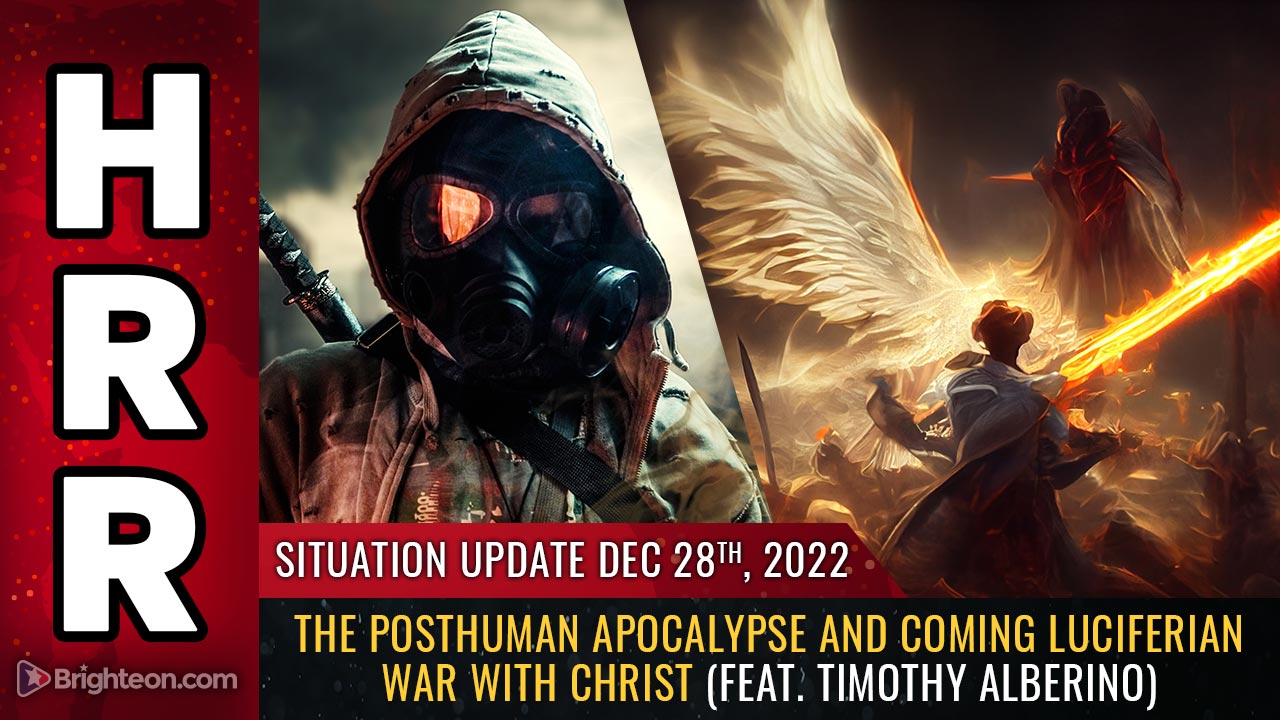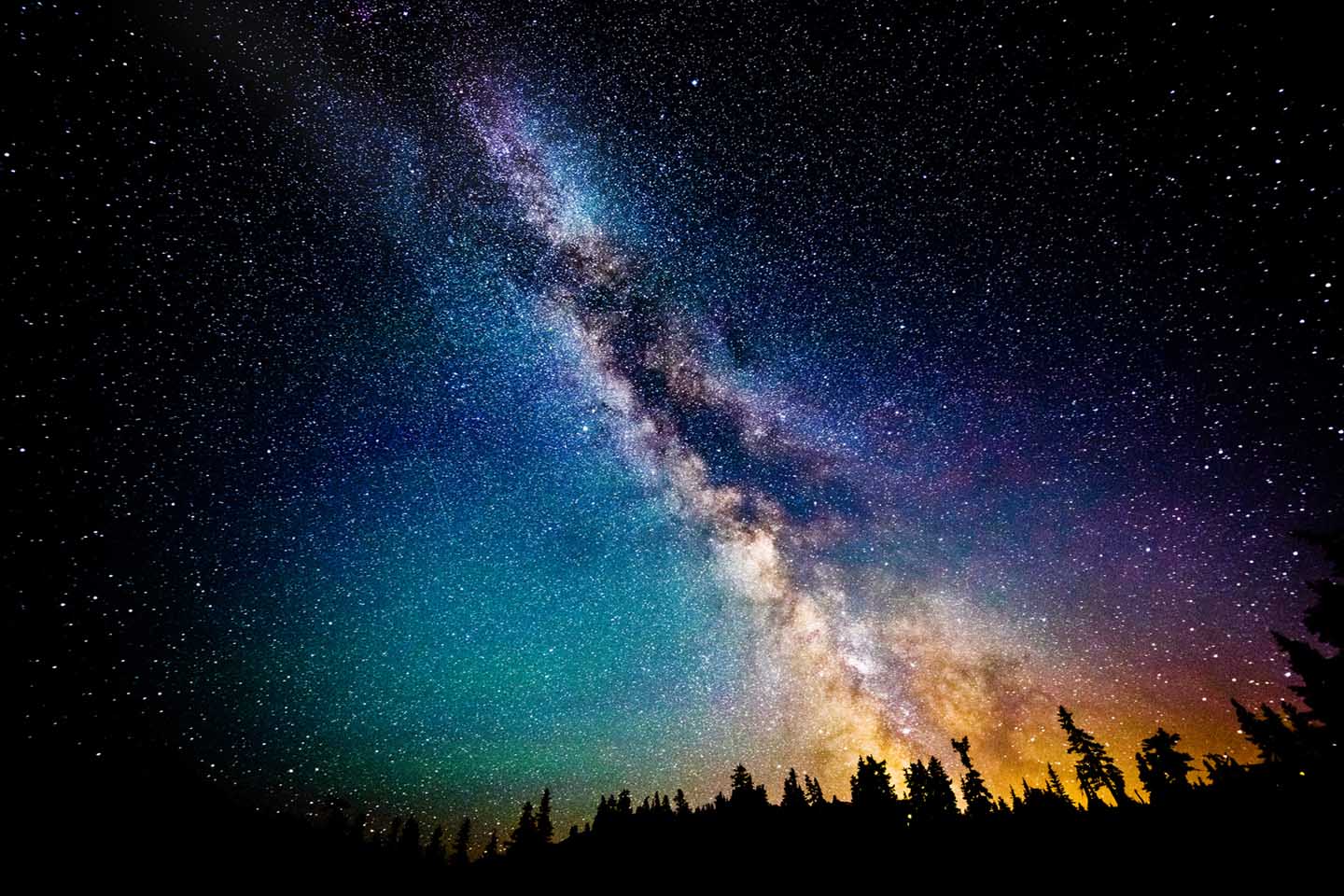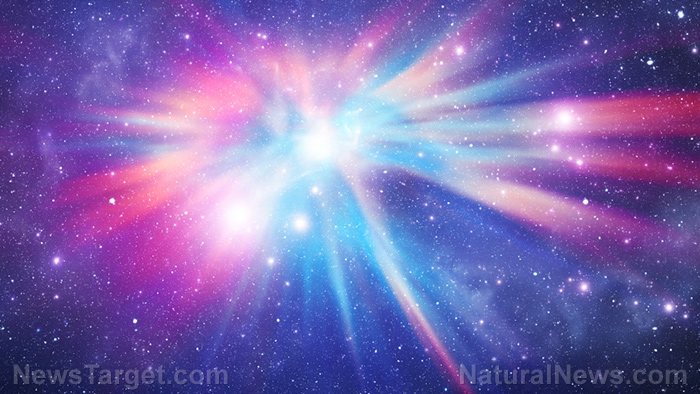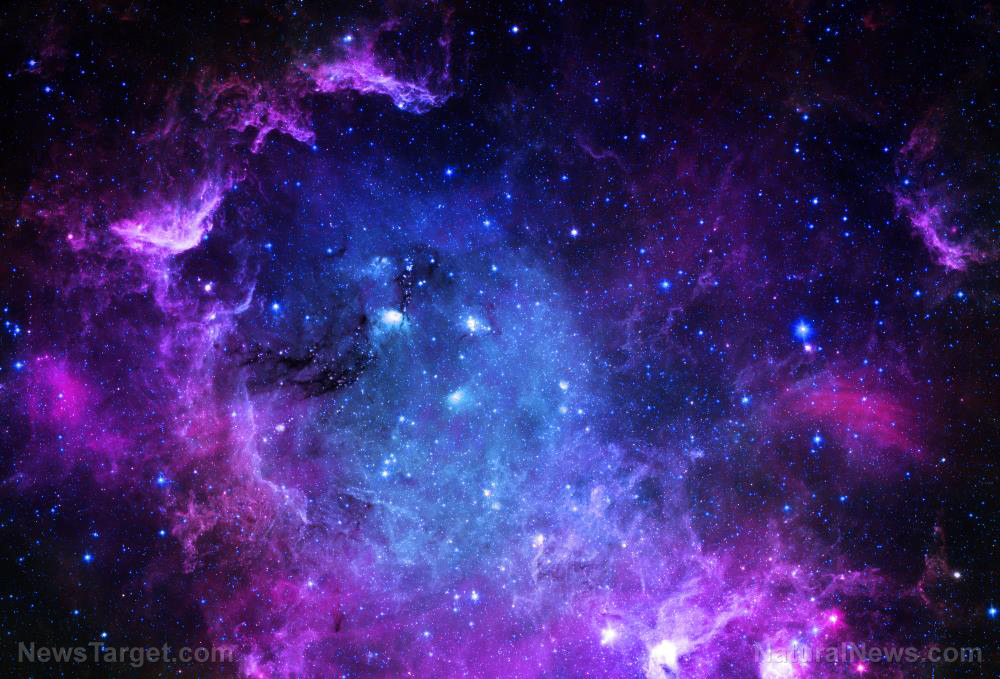
American researchers made a startling discovery through NASA's Hubble Space Telescope suggesting that the universe is expanding at a rate faster than previously thought. This new evidence, published in The Astrophysical Journal, suggests that scientists may have to reconsider what they know about the cosmos and develop new physics to better understand it.
The researchers used the same method Edwin Hubble used in 1929 to discover that the universe is expanding – through observing pulsing stars called Cepheid stars. These stars pulsate at rates relative to their true brightness: the brighter the star, the slower it pulsates.
Astronomers can use this as a ruler. By measuring how fast a Cepheid pulsates, astronomers can determine how bright a star is, and by comparing that with the brightness seen on Earth, they can infer how far the star is. This factor can also be combined by observing Type Ia supernovae, which are exploding stars that flare the same brightness and can be used to measure much longer distances deeper into the cosmos.
In this study, the team observed around 2,400 Cepheid stars and roughly 300 Type Ia supernovae. With the data they gathered, scientists compared the distances with the expansion of space as measured by the stretching of light from receding galaxies. These values were used to calculate how fast the universe expands with time – also known as the Hubble constant.
An unexpected discovery
The new Hubble constant value was 45.5 miles per second per megaparsec. A megaparsec is equivalent to 3.26 million light-years. According to NASA, this new value means that the distance between objects will now double in another 9.8 billion years.
“This surprising finding may be an important clue to understanding those mysterious parts of the universe that make up 95 percent of everything and don’t emit light, such as dark energy, dark matter, and dark radiation,” said study leader and Nobel Laureate Adam Riess.
However, this finding directly contradicts the expansion rate predicted for the universe from its infancy. Measurements of the afterglow from the Big Bang by the ESA's (European Space Agency) Planck satellite show that their calculations are five to nine percent smaller.
According to Riess, these are not just two experiments that happen to disagree with each other.
"We are measuring something fundamentally different. One is a measurement of how fast the universe is expanding today, as we see it. The other is a prediction based on the physics of the early universe and on measurements of how fast it ought to be expanding. If these values don't agree, there becomes a very strong likelihood that we're missing something in the cosmological model that connects the two eras," Riess said in a statement.
While neither Riess nor anyone in his team has an answer as to why exactly does this discrepancy exists, the researchers aim to continue adjusting and refining the accuracy of the Hubble constant to a value that allows for a better understanding of the cosmos and how it behaves. The team, known as the Supernova H0 for the Equation of the State (SH0ES), aims to reduce the uncertainty to one percent.
Some scientists have tried to brush off the discovery as a product of incomplete data or even a mistake. NASA astrophysicist John Mather, also a Nobel Prize winner, argued that it all came down to two factors: "1. We're making mistakes we can't find yet. 2. Nature has something we can't find yet."
However, Riess and his team believe otherwise. Earlier observations on this measurement have shown a one in 3,000 chance that astronomers were wrong. In this study, the researchers were able to achieve a one in 100,000 chance of being based on an observational error, which is a significant improvement.
"This mismatch has been growing and has now reached a point that is really impossible to dismiss as a fluke. This is not what we expected," said Riess.
Read up on the latest news and studies on the ever-expanding universe at Space.news.
Sources include:
Please contact us for more information.
















